Organic Aagriculture for Sustainable Livelihood
Organic farming is not only a specific agricultural production system, it is also a systemic and encompassing approach to sustainable livelihoods in general, where due account is given to relevant factors of influence for sustainable development and vulnerability, be this on physical, economic, or socio-cultural levels. Organic farming, as an adaptation strategy to climate change and variability, is a concrete and sustainable option and has additional potential as a mitigation strategy. The careful management of nutrients and carbon sequestration in soils are significant contributors in adaptation and mitigation to climate change and variability in several climate zones and under a wide range of specific local conditions. Organic farming as a systematic approach for sustained biological diversity and climate change adaptation through production management, minimizing energy randomisation of non-renewable resources; and carbon sequestration is a viable alternative. The purpose of potential organic farming is therefore to attempt a gradual reversal of the effects of climate change for building resilience and overall sustainability by addressing the key issues. This book provides a timely analysis and assessment of the potential of organic agriculture (OA) for rural development and the improvement of livelihoods.
Get it now and save 10%
BECOME A MEMBER

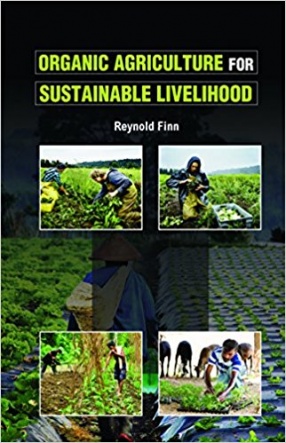
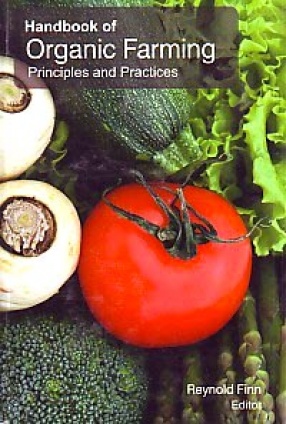
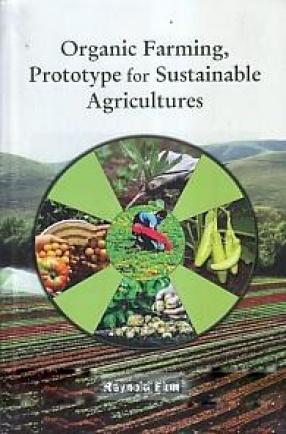
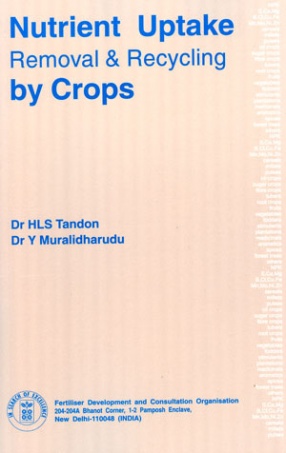
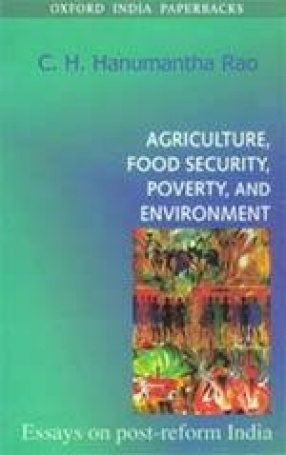

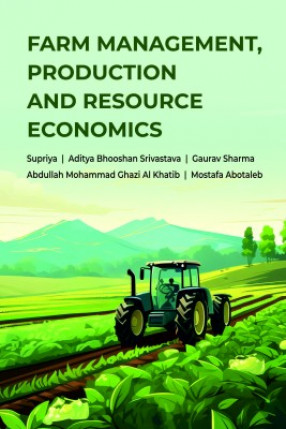

Bibliographic information